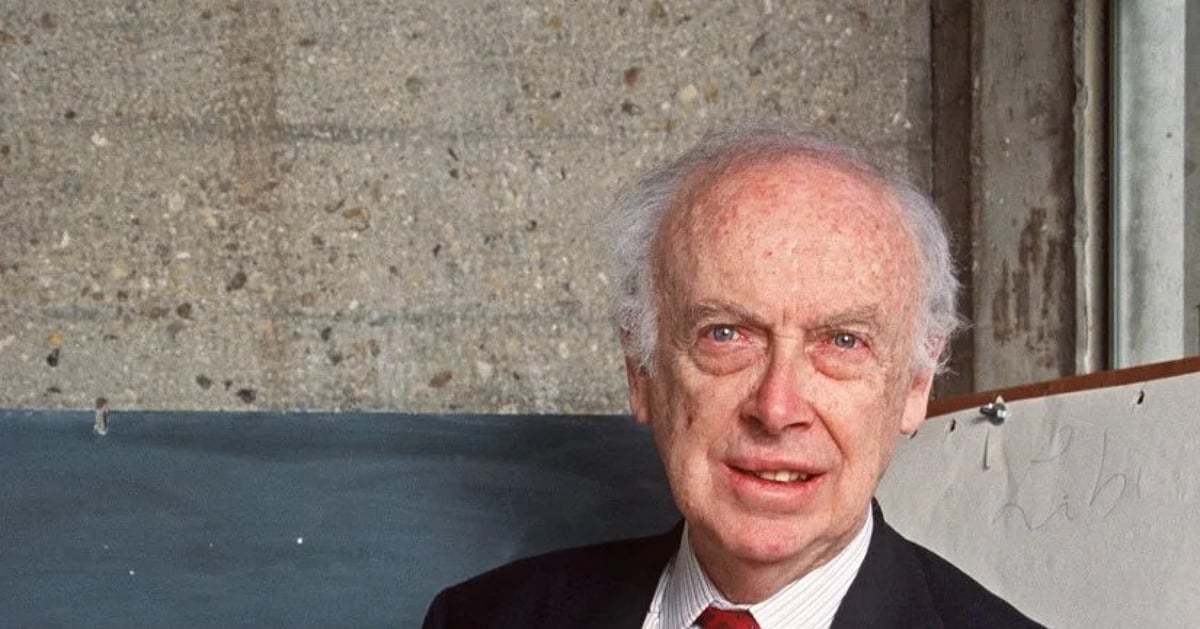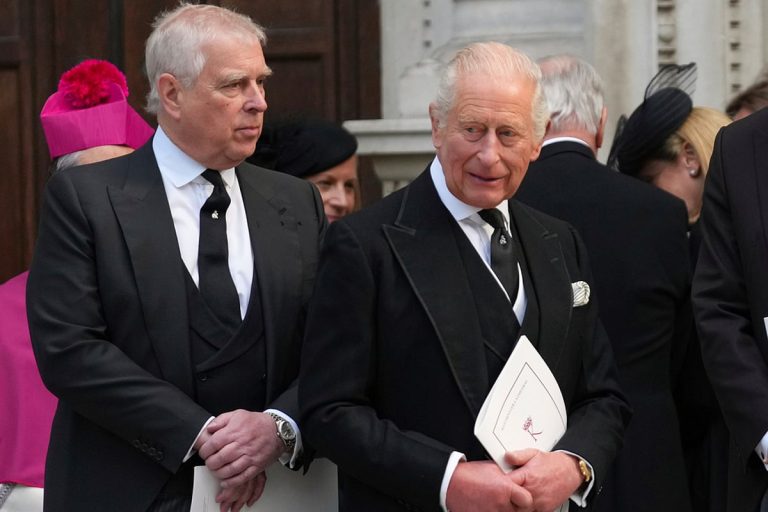Remembering James Watson: A Legacy in Science and Controvers
James Watson, a prominent figure in the field of biology, passed away at the age of 97 while in hospice care on Long Island, New York. He is best known for his pivotal role in the discovery of DNA’s double-helix structure, a breakthrough that has had lasting implications for genetics and modern biology. However, his legacy is complicated by a series of controversial statements and actions throughout his life.
Early Life and Education
Born on April 6, 1928, in Chicago, Illinois, Watson displayed an early aptitude for science. At just 15 years old, he earned a scholarship to the University of Chicago. He later obtained a Ph.D. in zoology from Indiana University Bloomington in 1950. His academic journey took him to Europe, where he met Francis Crick at Cambridge University, setting the stage for one of the most significant collaborations in scientific history.
The Discovery of DNA
In 1953, Watson and Crick, alongside Maurice Wilkins, published their groundbreaking findings on the structure of DNA in the journal Nature. Their model, which depicted DNA as a double helix, not only explained how genetic information is stored but also how it replicates. This discovery laid the groundwork for advancements in various fields, including medicine, forensics, and genetic engineering.
Watson’s early career was marked by significant achievements, including his role as a professor at Harvard University and later as the director of Cold Spring Harbor Laboratory. Under his leadership, the laboratory became a leading center for molecular biology research.
Contributions to Science
Watson’s contributions to science extended beyond the double helix. He was involved in the Human Genome Project from 1988 to 1992, overseeing the mapping of human chromosomes. His work has had a profound impact on our understanding of genetics, leading to innovations such as DNA testing in criminal investigations and the development of genetically modified organisms.
In addition to his scientific work, Watson authored several books, including his memoir, “The Double Helix,” which became a bestseller. The book is celebrated for its engaging narrative about the competitive nature of scientific discovery.
Controversies and Criticism
Despite his scientific achievements, Watson’s reputation has been marred by numerous controversial remarks, particularly regarding race and gender. He faced backlash for his disparaging comments about female scientists, including Rosalind Franklin, whose contributions were crucial to the discovery of the DNA structure. Franklin’s work, particularly her X-ray diffraction images, provided essential insights that Watson and Crick utilized without her knowledge.
In 2007, Watson made headlines for expressing pessimistic views about intelligence in Africa, leading to widespread condemnation. Although he later apologized, the incident resulted in his removal as chancellor of Cold Spring Harbor Laboratory and a significant decline in his public standing.
Legacy and Recognition
Throughout his career, Watson received numerous accolades, including the Nobel Prize in Physiology or Medicine in 1962, which he shared with Crick and Wilkins. He was also awarded honorary degrees from various universities and was portrayed by actor Jeff Goldblum in a BBC film about the discovery of DNA.
However, in recent years, his association with Cold Spring Harbor Laboratory has been strained. The institution publicly acknowledged his contributions while also distancing itself from his controversial statements. In a PBS documentary aired in 2019, Watson again made remarks that were deemed reprehensible, leading to the revocation of his emeritus status.
Personal Life
Watson is survived by his wife, Elizabeth, and their two sons, Rufus and Duncan. His family has expressed their gratitude for the support he received throughout his life and career.
FAQs
What was James Watson’s most significant scientific achievement?
James Watson is best known for co-discovering the double-helix structure of DNA, a breakthrough that transformed our understanding of genetics and molecular biology.
How did Watson’s comments affect his reputation?
Watson’s reputation suffered significantly due to his controversial remarks on race and gender, leading to his removal from several positions and a decline in public favor.
What is the significance of the Human Genome Project?
The Human Genome Project was a landmark initiative that mapped all the genes in the human genome, paving the way for advancements in medicine, genetics, and biotechnology.
Conclusion
James Watson’s passing marks the end of an era for a scientist whose work fundamentally changed biology. While his contributions to the field are undeniable, his legacy is complicated by his controversial views and statements. As the scientific community reflects on his life, it is essential to acknowledge both his groundbreaking achievements and the lessons learned from his shortcomings.
Also Read:
UAE Marks Two Years of Humanitarian Aid in Gaza
Dubai Introduces Four New Family Attractions, Including Wate







